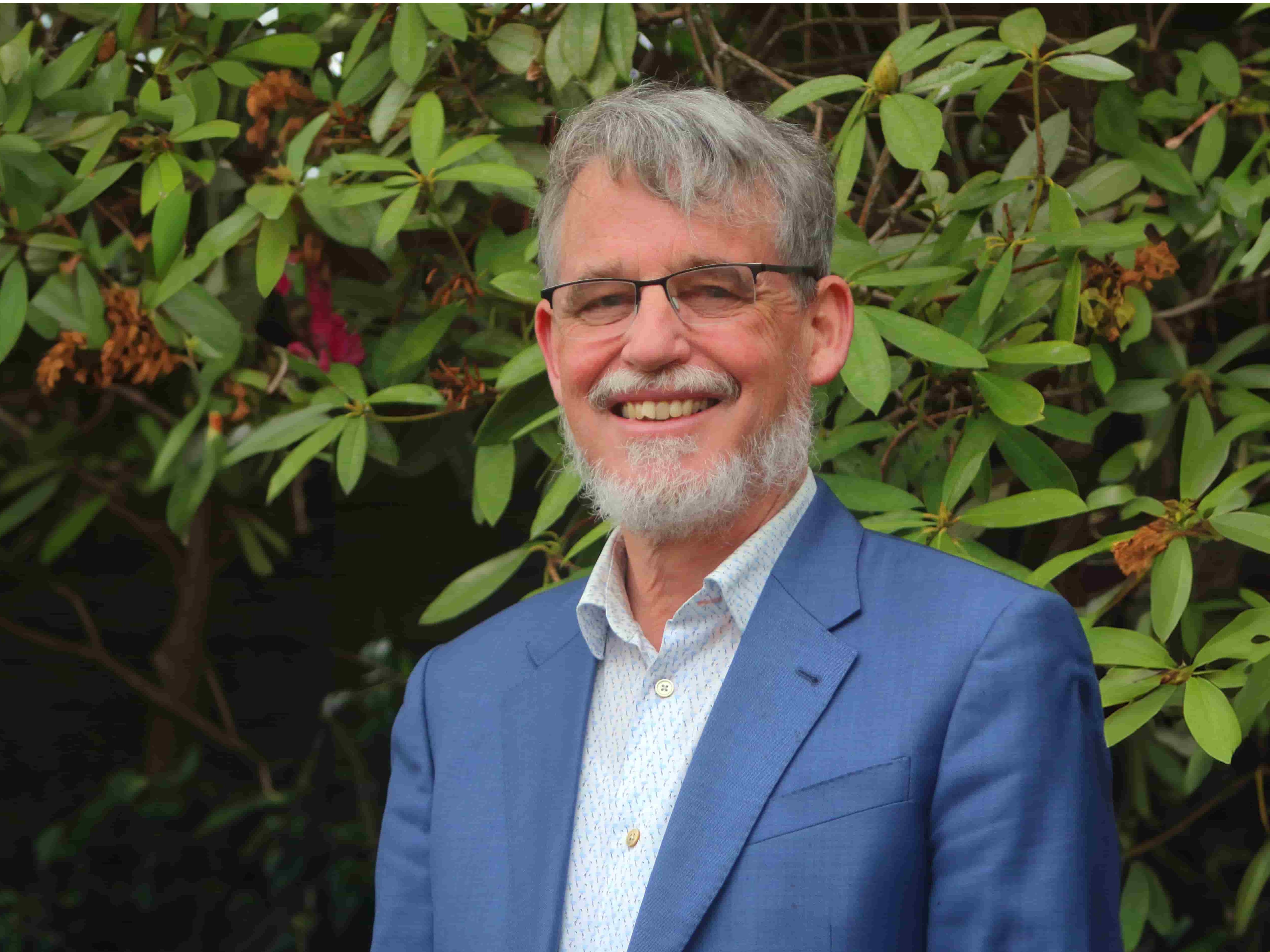
|
Farewelling AERU's Distinguished Professor Caroline Saunders and Professor Paul Dalziel
Wednesday, 4 December 2024
|
|
A function was held recently to acknowledge the contribution of Distinguished Professor Caroline Saunders and Professor Paul Dalziel to the significant research conducted by the Agribusiness and Economics Research Unit (AERU). Distinguished Professor of International Trade and the Environment and Director of AERU Caroline Saunders was awarded the honorary title of Emeritus Professor in recognition of her international influence, reputation and achievement in wellbeing, trade and environmental economics. Leaving her role as Director of AERU in December, Distinguished Professor Saunders' career spans 44 years, joining the University of Newcastle upon Tyne in 1985, then moving to New Zealand and Lincoln University as Senior Lecturer in Economics in 1996. She was later appointed Director of Lincoln's AERU in 2002. Under her directorship, AERU has contributed a large body of research developing wellbeing economics. This proved hugely influential at a time when New Zealand's primary industry had an extractive culture. With a change in mindset, the industry now has a much greater focus on understanding the value of exports through the lens of financial, social, cultural and environmental factors. At AERU, Distinguished Professor Saunders led a team of researchers and postgraduate students dedicated to delivering new knowledge on sustainable wellbeing and contributing thought leadership on pressing global challenges. "It has taken a real team effort to achieve all that we have," says Distinguished Professor Saunders. "I am most proud of bringing emerging researchers on board and watching them develop. By working collaboratively with policymakers, stakeholders and primary producers, we have discovered new, actionable ways to build economic systems that promote environmental stewardship and a good standard of living for New Zealanders." An important feature of AERU's work is its significant commitment to consultation and engagement beyond the academic world. This has seen the team complete research for various private and public bodies in New Zealand and globally, including the EU Commission, DEFRA, FAO, OECD, MPI, MFAT, Treasury, MFE, MBIE and Fonterra. Distinguished Professor Saunders has been a member of the Monetary Policy Committee of the Reserve Bank since 2019. Distinguished Professor Saunders achieved prominence for her work on the Food Miles Debate, which has been used extensively by public and private enterprises selling New Zealand products into overseas markets. She has led many more impactful research projects including AERU's Lincoln Trade and Environment Model (LTEM) which models trade between countries and its environmental outcomes including greenhouse gas emissions and nitrogen output. Since its inception, this model has been widely used by government departments, international agencies and private companies. "My research positively influencing government policy is a highlight. During the Labour government of 2017 to 2023, AERU's research on aspects of Whanau Ora demonstrated it was a valuable programme in return for the level of public investment ensuring its continuation." During her long and illustrious career, Distinguished Professor Saunders has received many awards and honours. These include Officer of the New Zealand Order of Merit (New Year's Honours List 2009), NZIER Economist of the Year (2007), and she was named one of the 150 women scientists over the last 150 years by the Royal Society Te Apārangi in 2017. In 2019, she became President of the Agricultural Economics Society in the United Kingdom. Recent appointments include being named a Fellow of the Royal Society Te Apārangi in 2020, and a Distinguished Life Member of the Australasian Agricultural and Resource Economics Society in 2022. Distinguished Professor Saunders has produced an extensive catalogue of over 330 academic publications, research reports and conference presentations and supervised 20 PhD and Masters students. "Lincoln University has allowed me to thrive. The culture on campus encourages impactful research in the land-based sectors. As a result, AERU, as a standalone research institute, has been able to represent the University through engaging with industry leaders and policymakers delivering social, cultural, financial and environmental wellbeing outcomes for New Zealanders."
Long-serving member of the Agribusiness and Economics Research Unit (AERU), Professor Paul Dalziel is retiring from Te Whare Wānaka o Aoraki Lincoln University after an influential career specialising in wellbeing economics and regional economic development. After beginning his academic career at the Universities of Otago and Canterbury, Professor Dalziel joined Lincoln University as a Senior Lecturer in Economics at a pivotal time in the University's history. "I arrived at Lincoln on 1 January 1990, the day Lincoln College became Lincoln University. Since then, I have received uncountable opportunities to engage in meaningful research," says Professor Dalziel. Professor Dalziel joined AERU in 2002 at the invitation of AERU Director, Distinguished Professor Caroline Saunders. Since then, his research has focused on AERU's mission to exercise leadership in research for sustainable wellbeing. "New Zealand is blessed with amazing natural resources. Our research has looked at how we can continue producing quality food and fibre products while investing in environmental stewardship and maintaining decent living standards for all New Zealanders. "A feature of AERU has been our collaboration with an advisory board of public and private sector leaders in the land-based sector to guide our research. My career has been memorable for the passionate producers and other people in the industry I have worked alongside." According to Professor Dalziel, one of the joys of working at Lincoln University is the opportunity to positively influence government policy and industry best practice to improve the wellbeing of New Zealanders. "Lincoln's international standing has allowed me to contribute on the world stage. This included work for the Organisation for Economic Cooperation and Development in Paris and the European Union's International Urban and Regional Cooperation programme." Professor Dalziel has received many awards and honours during his career. Most recently, the AERU team was a Science & Research finalist at the 2024 Primary Industries New Zealand Awards. He is a Fellow of the Regional Studies Association which presented him with a Distinguished Service Award in 2022. The Australian and New Zealand Regional Science Association International awarded Professor Dalziel three awards: Distinguished Service in 2016, Life Member in 2020 and the John Dickinson Memorial Award (with Distinguished Professor Caroline Saunders and Andrew McCallum) for best paper in the 2021 Australasian Journal of Regional Studies. Lincoln University presented him with its inaugural Critic and Conscience of Society Award in 2019. Among his 150 science publications, Professor Dalziel has co-authored 10 books, with three translated into Japanese. The most renowned is Wellbeing Economics: The capabilities approach to prosperity, written with Distinguished Professor Caroline Saunders and Dr Joe Saunders. The fifth most downloaded book in economics published by Palgrave Macmillan in 2018, its success demonstrates the ability of Lincoln University academics to contribute to global issues. During his career, Professor Dalziel supervised 23 PhD and Masters students. He was recognised for his teaching by the Lincoln University Students Association in 2010 when they presented him with its Green Award for Excellence and Achievement in Teaching. "I believed in using real-world examples to demonstrate to students that economics can contribute to addressing global challenges. New Zealand is recognised for producing innovative economic policy and I wanted to show students that a lifetime of research in this area can make a real difference." Reflecting on his career, Professor Dalziel says, "Lincoln stands out as a specialist land-based university with a strong focus on wise stewardship of our environment. This gave me opportunities to contribute through research, teaching and engagement." To learn more about the repositioning of AERU to support its continuation in delivering leading-edge research, click here. |
